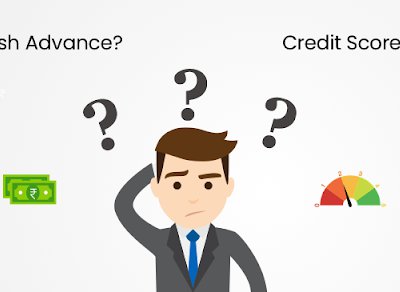The Federal Reserve is planning on raising interest rates sometime 2018, which means if you have student loans, you need to protect yourself. What can you do?
Step 1 – Find Out If You Have A Variable Interest Rate Student Loan
The easiest thing you can do is find out if your student loans are variable rate loans, as they are the ones susceptible to interest rate changes. If you were given private student loan money, you need to talk with the lender to see if the loan is variable and what the interest rate is.
Step 2 – Refinance The Loans
A surefire way to protect yourself against a rising interest rate is to refinance the debt. Refinancing the debt means your existing federal and private student loans are combined under one private student loan that includes a lower interest rate. If you’re worried about rising interest rates, you’ll need to refinance the loans and get a fixed interest rate that stays the same throughout the loan’s time.
Most borrowers refinance their loans to attain a lower interest rate, which can save them a plethora of money in the grand scheme of things. When you refinance your student loan, you change the terms of the loan to something shorter or longer. A standard repayment period is 10 years, but lenders may give you the choice of five years, 15 years or 20 years to pay back a loan. The shorter the loan payback time, the less money you pay in interest.
While you may not want to refinance your student loans – for whatever reason – the Public Service Loan Forgiveness Program and other federal student loan protections can help you here. Many private lenders are also offering deferment programs to help struggling students refinance and pay back their loans.
Step 3 – Refinance Your Fixed Rate Student Loan Debt
It doesn’t matter what kind of student loan rate you have – variable or fixed. You can refinance both if you want. Refinancing the variable loan into a fixed rate one will ensure you’re protected from rising interest rates. However, even a fixed interest rate could help you save money.
How is that?
You could always lower your federal student loan interest rate. When you borrowed money for your education, you got the same interest rate as other borrowers. Your credit profile was not taken into consideration. Therefore, if you have a private student loan that comes with a fixed interest rate, the rate given was based on the credit profile you had at the time.
Chances are things have changed for you – a stable job and a positive credit history, which leads to one thing – a better credit score. This means you could get a lower interest rate than what you currently have, and if you have a co-signer with you, you could have an even lower rate. Most lenders will let a co-signer go after a set period of time and requirements have been met.






